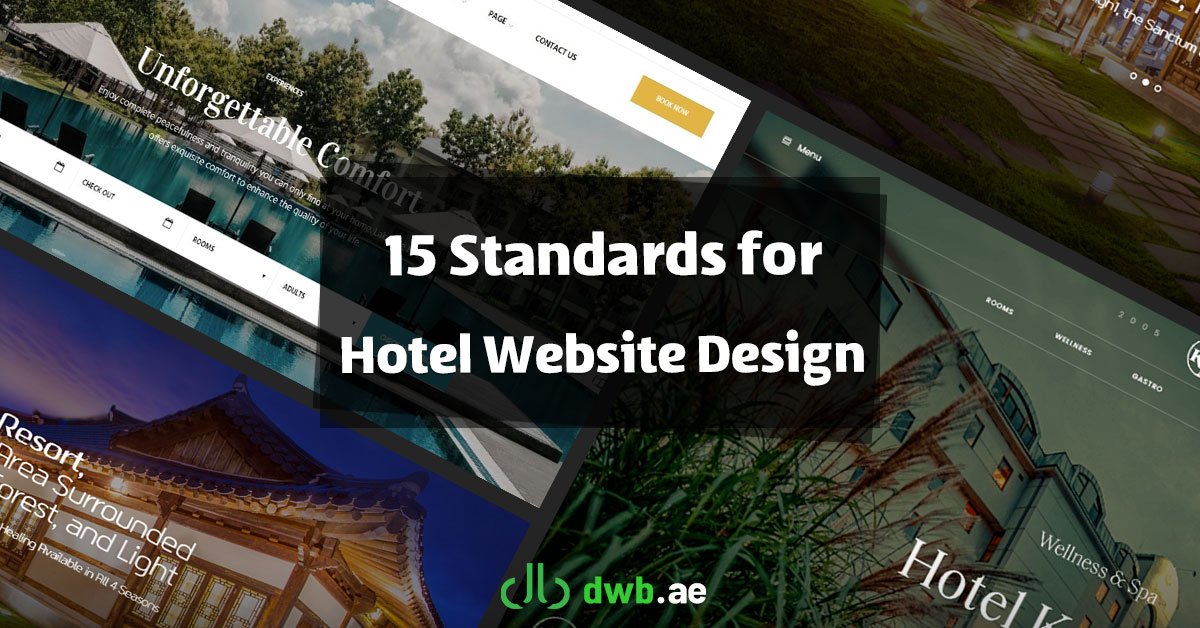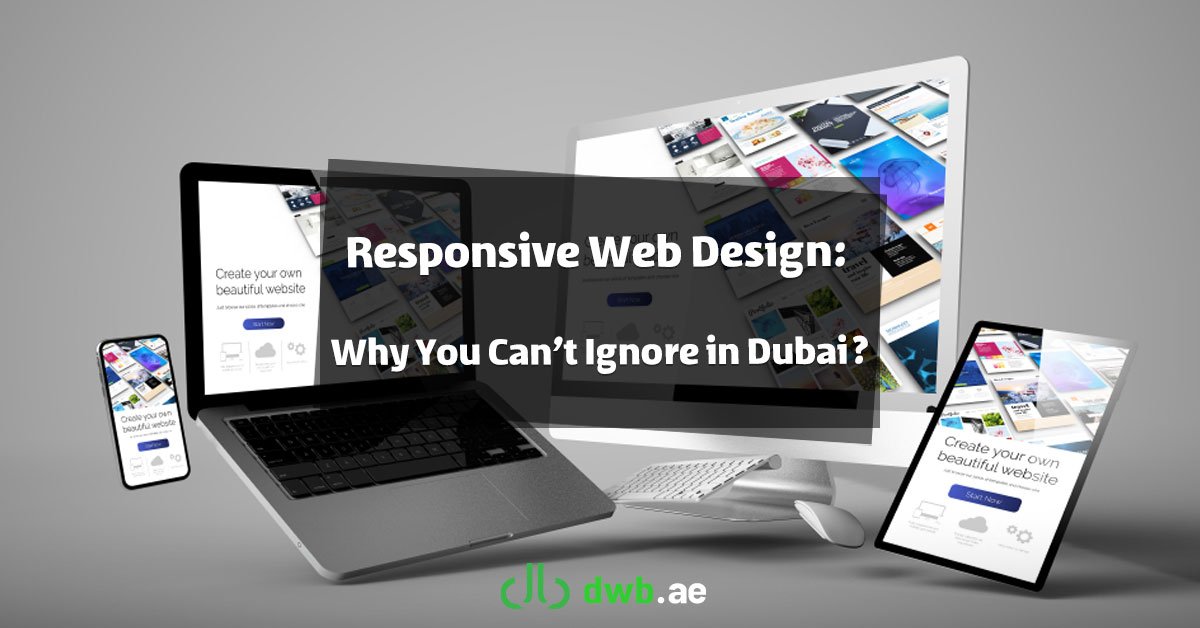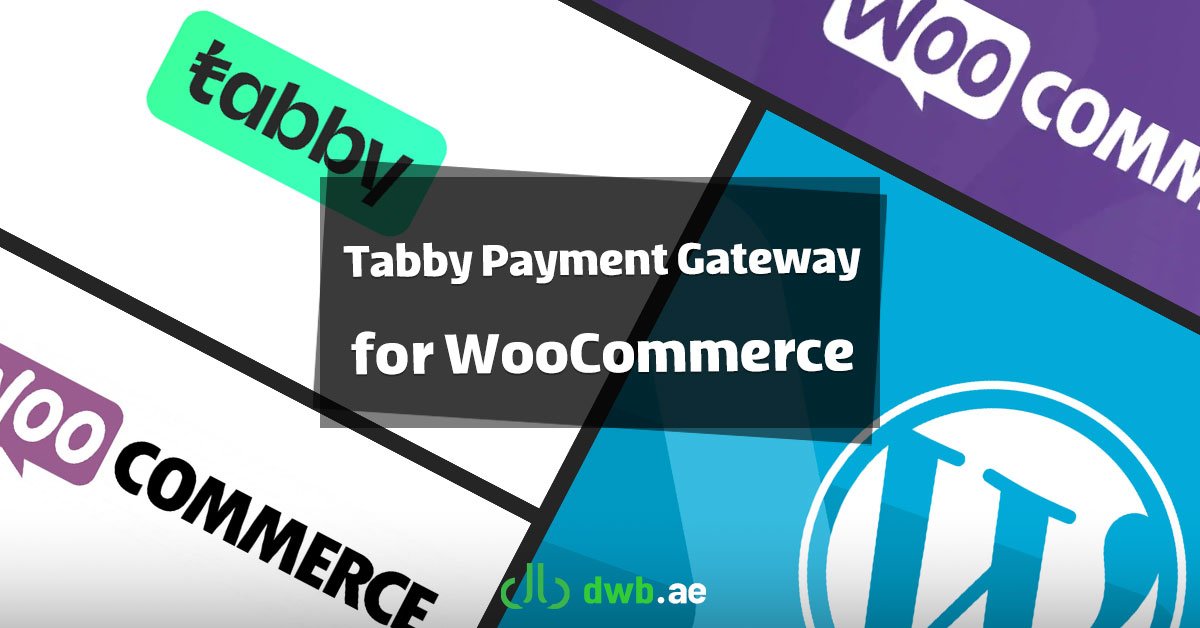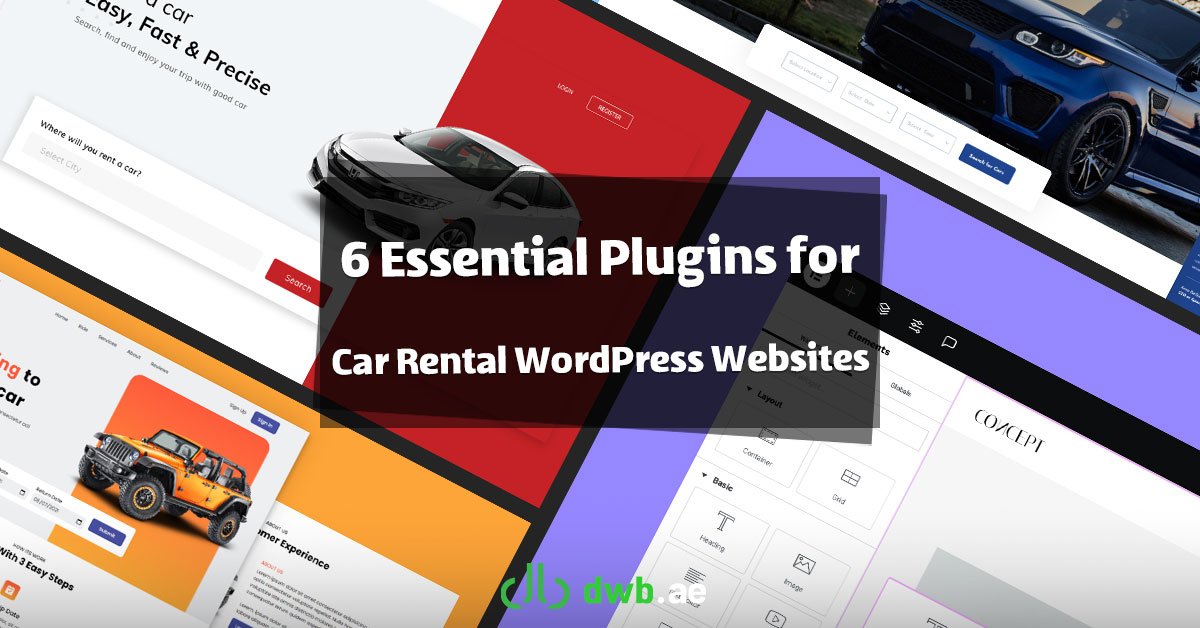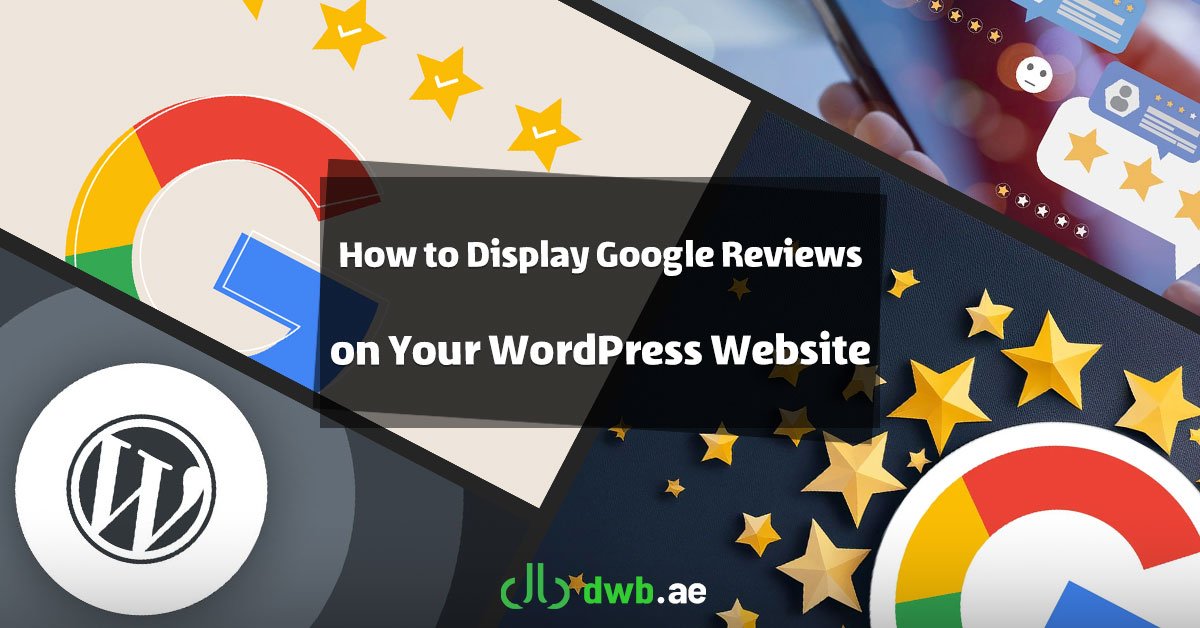In the competitive world of hospitality, a hotel’s website serves as a vital tool for attracting and converting potential guests. With travelers increasingly relying on digital platforms to research and book accommodations, the importance of a professionally designed website cannot be overstated.
DWB (Dubai Web Design), a leading company specializing in booking website development, emphasizes the need for websites that blend functionality, aesthetics, and cutting-edge technology.
This article explores the essential elements that make a hotel website effective and appealing.
15 Essentials for Hotel Website Design
1. Responsive Design for All Devices
In a world where mobile devices account for a significant share of online traffic, a responsive design is non-negotiable. Your hotel website must provide a seamless browsing experience across all devices, including smartphones, tablets, and desktops. A mobile-friendly design ensures:
- Easy navigation on smaller screens.
- Quick loading times.
- Improved search engine rankings, as search engines like Google prioritize mobile-optimized websites.
2. Intuitive Navigation and User Experience (UX)
A clutter-free, intuitive layout is essential for retaining visitors and guiding them through the booking process. Key considerations include:
- A clear and simple menu structure.
- Visible calls-to-action (CTAs) such as “Book Now,” “Check Availability,” or “Contact Us.”
- A logical flow of information, ensuring users can quickly find details about rooms, pricing, amenities, and location.
- Accessibility features for users with disabilities, such as screen reader compatibility and adjustable font sizes.
3. High-Quality Visuals
Since a picture is worth a thousand words, high-quality images and videos are crucial for showcasing the property’s best features. Include:
- Professional photos of guest rooms, common areas, restaurants, pools, and other facilities.
- 360-degree virtual tours to give users an immersive experience.
- Videos highlighting unique experiences, such as spa treatments, events, or local attractions.
4. Online Booking System
The ability to book directly from the website is a critical feature. A robust online booking system should include:
- Real-time room availability.
- Flexible date selection.
- Multiple payment options, including credit cards, digital wallets, and local payment methods.
- Confirmation emails and the ability to modify or cancel reservations.
A user-friendly booking engine not only improves customer satisfaction but also reduces reliance on third-party platforms, increasing direct revenue.
5. Multilingual Support
For hotels in Dubai, catering to an international audience is essential. Your website should provide content in multiple languages to serve diverse visitors. Popular options include:
- English.
- Arabic.
- Mandarin.
- Russian.
- German and French.
Investing in professional translation ensures accuracy and cultural appropriateness, making international guests feel more comfortable.
6. Search Engine Optimization (SEO)
A beautifully designed website is ineffective if it’s not easily discoverable online. Implementing SEO best practices will help your site rank higher in search engine results. Key strategies include:
- Incorporating relevant keywords such as “luxury hotel in Dubai” or “hotel with spa facilities.”
- Creating high-quality content, such as blogs about local attractions or travel tips.
- Optimizing meta tags, headers, and image alt texts.
- Ensuring fast loading speeds and mobile compatibility.
7. Showcasing Unique Selling Points (USPs)
Highlight what makes your hotel stand out. Whether it’s a stunning rooftop pool, proximity to iconic landmarks, or award-winning dining experiences, clearly display your USPs on the homepage and other key sections.
8. Integration with Social Media
Social media integration allows users to connect with your hotel on platforms like Instagram, Facebook, and Twitter. Add clickable icons that direct users to your social media pages and display live feeds showcasing:
- Guest reviews and testimonials.
- Photos and videos of events hosted at the hotel.
- Promotions, discounts, and special offers.
9. Incorporating Guest Reviews and Testimonials
User-generated content, such as reviews and testimonials, builds trust and authenticity. Include:
- A dedicated section for customer feedback.
- Integration with review platforms like TripAdvisor, Google Reviews, or Booking.com.
- Video testimonials for added credibility.
10. Local Attractions and Guides
Providing information about nearby attractions, restaurants, and activities enhances the user experience and positions your hotel as a local expert. Create dedicated pages or sections for:
- Sightseeing spots such as Burj Khalifa, Palm Jumeirah, or Dubai Mall.
- Cultural experiences like desert safaris or traditional souks.
- Transportation tips and local event calendars.
11. Secure Payment and Data Protection
Security is a top concern for online transactions. Ensure your website adheres to the latest security standards, including:
- SSL certification for secure data transmission.
- Compliance with international data protection regulations such as GDPR.
- Clear privacy policies to reassure guests that their data is safe.
12. Special Offers and Packages
Highlighting exclusive deals can entice users to book directly. Use banners or pop-ups to promote:
- Seasonal discounts.
- Weekend getaway packages.
- Loyalty programs and membership benefits.
13. Fast Loading Speeds
Page loading speed is a critical factor for user satisfaction and SEO. Optimize your website by:
- Compressing images and videos.
- Minimizing the use of heavy scripts and plugins.
- Utilizing Content Delivery Networks (CDNs) to reduce server load times.
14. Contact Information and Live Support
Make it easy for potential guests to reach out with questions or concerns. Include:
- A prominently displayed phone number, email address, and physical address.
- A live chat feature or chatbot for instant assistance.
- Contact forms with quick response times.
15. Analytics and Performance Tracking
Monitoring your website’s performance is essential for ongoing improvement. Use tools like Google Analytics to track:
- Visitor behavior and traffic sources.
- Conversion rates and booking patterns.
- Popular pages and bounce rates.
Final Thoughts
Designing a hotel website involves a balance between aesthetics, functionality, and user-centric features. DWB (Dubai Web Design), a trusted name in booking website development, specializes in creating tailored solutions that help hotels thrive in a highly competitive market. By prioritizing user experience and integrating modern technology, you can ensure your hotel’s online presence reflects its quality and values.



